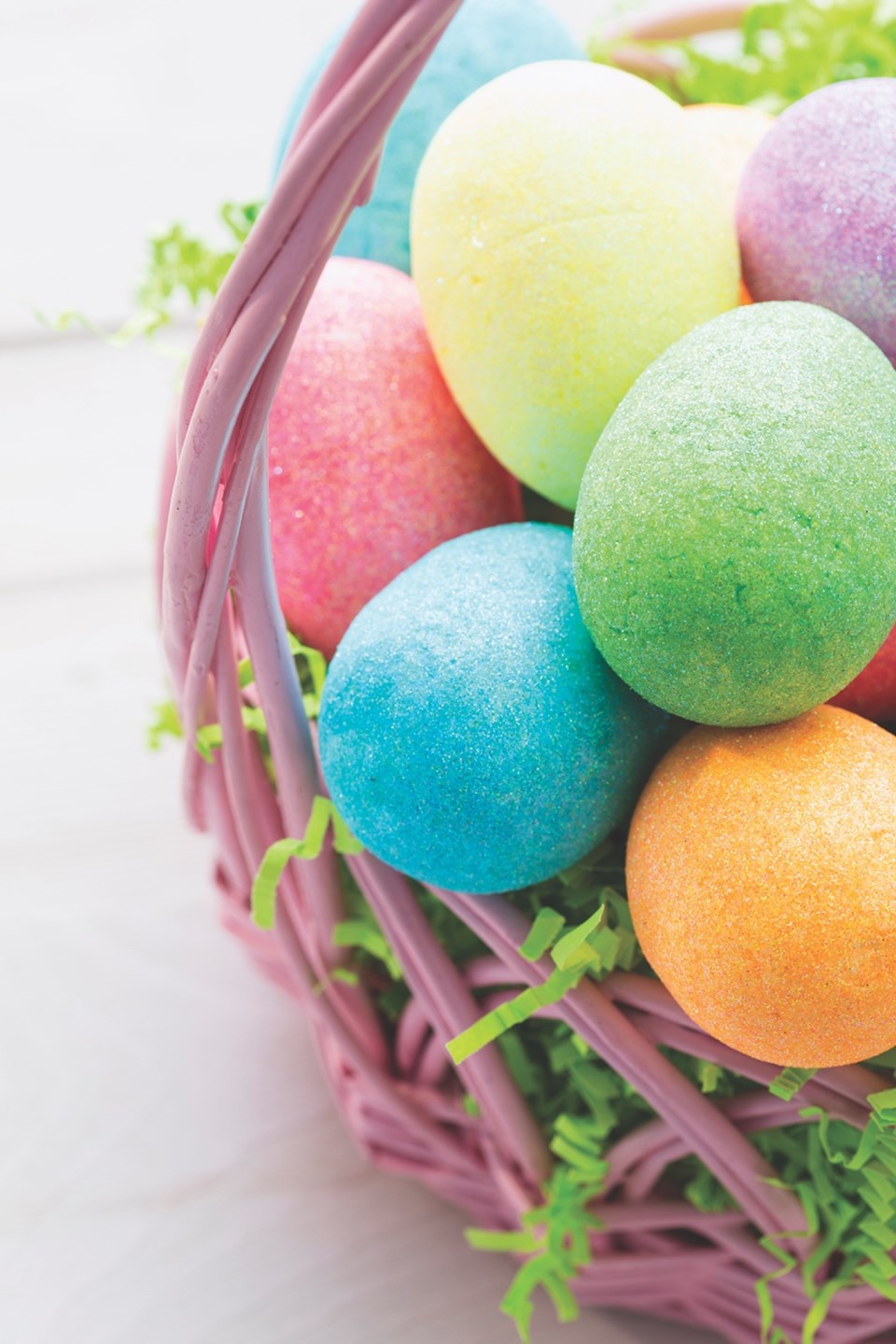This Easter, no doubt many of us will be looking forward to chocolate eggs and perhaps some turkey legs (or a ham, or a lamb), but have you ever wondered how this holiday evolved into what we know today?
Easter originally comes from the Old English (Anglo-Saxon) word Ēostre. And this word wasn't the name for a day, but for a person.
Ēostre was a West Germanic goddess who from the 4th to 6th centuries AD would have been known and celebrated by Germanic speaking peoples across Europe. Ēostre was the goddess of the spring season, and her yearly festival (which celebrated springtime and fertility) eventually culminated in a month of the year being named after her, known as "Easter-month" in the Anglo-Saxon calendar.
Once England was Christianized in the late 7th century, the historian Bede tells us the Anglo-Saxons began to celebrate the resurrection of Christ during this month instead. However, rather than use the Latin name for Easter (Paschal), the Anglo-Saxons continued to refer to the season by its pagan name.
The origins of the word 'holiday' itself can help reveal the reason why many in the Western world celebrate Easter with a day off. The result of combining the words "Holy" and "Day", most holidays in the West are religious in origin.
Today, Easter remains an important weekend for many families, religious or not, to gather with their loved ones and look forward to the coming of spring.
Eggs have long been part of Easter traditions across the world, particularly as an object which represents new life. The egg then became a fitting symbol for both Christ's resurrection and for the life that the spring season brings.
In religious circles, eggs have been painted at Easter for centuries, the most famous painted eggs being Pysanka eggs from Eastern Europe. The tradition of hiding eggs however, originated in Germany, where parents would hide them outdoors for their children to find.
Eggs and the Easter Bunny are closely related, and the latter also traces its roots back to Germany. At some point in history, it was believed spring hares laid eggs, and while the exact reason for why this myth existed is still unknown, some scholars have noted that a hare's nest bears some resemblance to a particular type of bird's nest that can still be found in Germany today.
It may also be that rabbits were simply a common sight in gardens during Easter egg hunts, leading to a popular belief among youngsters that bunnies were responsible for leaving coloured eggs in the bushes.
The Easter Bunny started to become popularized in America when German immigrants brought their tradition of egg-laying hares to the New World in the 17th century. And, well, Americans have a knack for taking somewhat niche folk traditions and turning them into a global phenomenon.
While nearly everyone in Europe and the West celebrated Easter as a Christian holiday with feasting and church services, the last 100 years has seen the occasion also become a more generic "springtime" holiday.
Chocolate treats originally became popular at Easter in the 1800s (this was when the French figured out a way to mould chocolate and preserve it to eat later) as a means to celebrate the end of Lent; with many people having given up sugar or sweets for the 40 day-fast, from Ash Wednesday to Good Friday.
Chocolate bunnies first emerged in Germany around this time too, while British chocolate maker Cadbury would make their first chocolate egg in 1875.
Today, everything from chocolate eggs and bunnies to elaborate baskets and flower arrangements are available for purchase in nearly every shop when Eastertide rolls around. Easter egg hunts are also commonplace in homes all over the world, all thanks to that German tradition from centuries ago.
Overall, while the holiday still retains its religious significance, Easter has evolved into a general celebration of springtime and new life.
Danny Randell writes about history and the vintage lifestyle.



